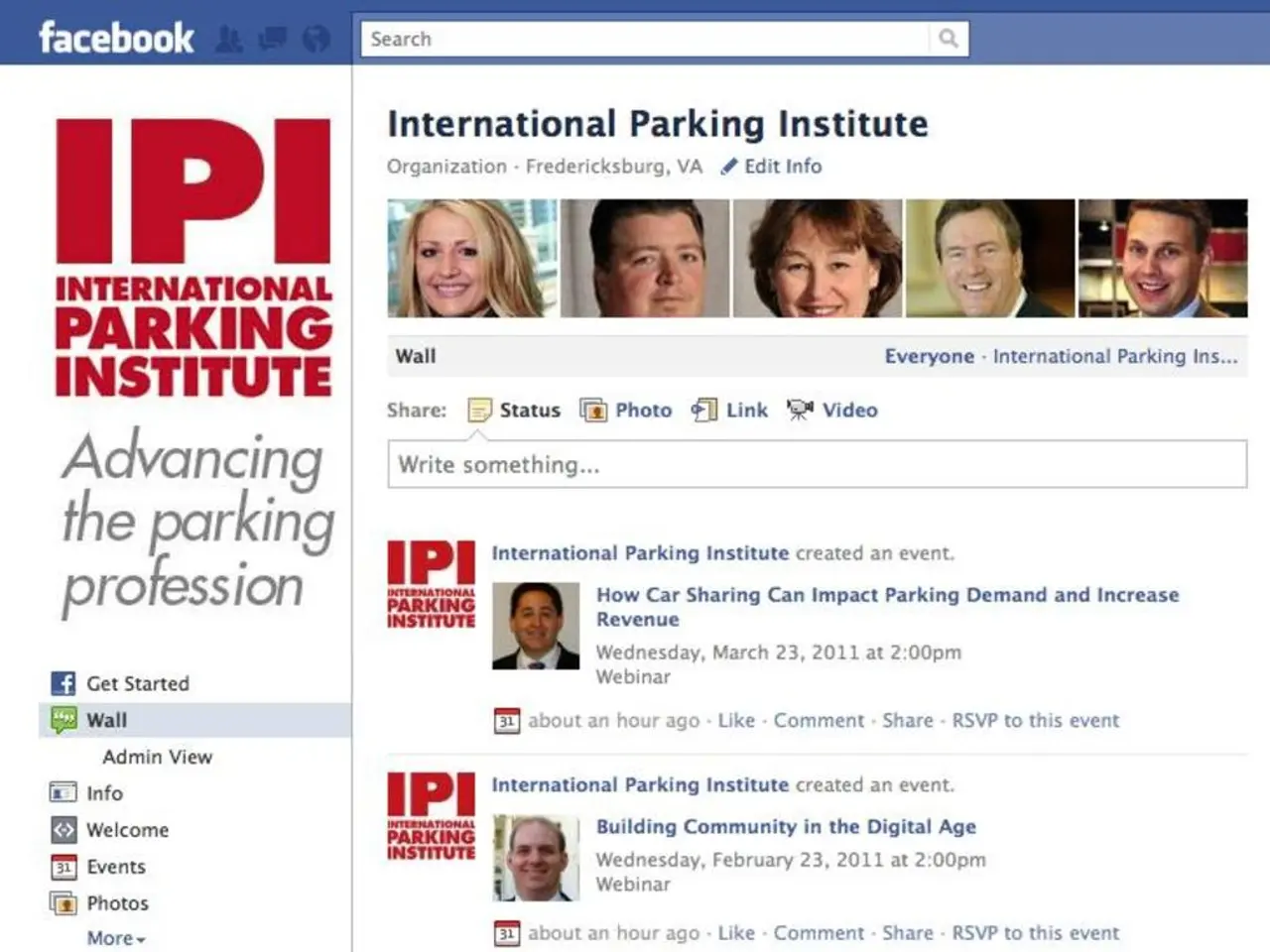Generational Clash: Is Envy the Root Cause?
In the rapidly evolving world of work, resolving eternal points of contention between Baby Boomers and Generation Z is becoming increasingly important as the Boomers prepare to leave the workforce. This issue has been the focus of discussion in a Panorama article, with Angelika Melcher, a Generation Z journalist and co-author of the book "Boomer vs. Zoomer," leading the charge.
Melcher questions if there is a small envy debate between Baby Boomers and Generation Z, given the distinct historical contexts that have shaped their worldviews, communication styles, expectations, and work habits. Baby Boomers, born between 1955 and 1965, were raised with an emphasis on discipline and faced intense competition for internships, training, and jobs. In contrast, Generation Z, born between 1995 and 2012, has had an easier job market due to a skills shortage and a more relaxed upbringing.
Melcher suggests that instead of dictating rules from above, there should be dialogue to shape the world of work together. She encourages both Boomers and Generation Z to recognize the challenges each faces, given the intensifying work environment due to new technologies. Melcher also emphasizes the importance of the younger generation speaking up, being loud, and demanding change to bring about a shared future.
One solution to ease these conflicts is to improve communication. This includes actively discouraging generational stereotypes and unconscious biases that label Boomers as resistant or Gen Z as entitled, which inhibit collaboration and motivation. Enhancing cross-generational communication by acknowledging each group’s preferred styles, such as mixing face-to-face with digital communication and creating opportunities for feedback that meet all needs, is also crucial.
Providing tailored training and mentoring to bridge skill gaps is another key strategy. This can help Gen Z develop interpersonal and some technological skills that older generations value, while Boomers can learn about current tech trends and flexible work methods. Clarifying responsibilities and expectations explicitly to prevent misunderstandings and conflicts is also essential.
Promoting social responsibility and authenticity at organizational levels aligns with values important to Gen Z, creating a sense of shared purpose and respect across generations. Regular intergenerational dialogues, joint projects, and knowledge sharing can foster mutual understanding, highlighting complementary strengths while developing empathy.
Mentoring programs are being implemented by large companies to leverage the experience of older employees and educate the younger ones. These programs aim to create an environment where both generations can learn from each other, fostering a shared future that benefits everyone.
The battlefields of the generational conflict are the workplace and the kitchen table. However, by recognizing that differences arise from varied life experiences and communication preferences rather than age alone, and by building inclusive practices that leverage rather than pit those differences against one another, we can create a more harmonious and productive working environment.
[1] Melcher, A., & Koch, L. (2022). Boomer vs. Zoomer: How to Bridge the Generation Gap in the Workplace. Panorama. [2] Smith, J. (2021). The New Workplace Wars: Baby Boomers vs. Generation Z. Harvard Business Review. [3] Johnson, M. (2020). Understanding the Generational Divide in the Workplace. Forbes. [4] Brown, S. (2019). Overcoming Generational Stereotypes in the Workplace. Fast Company. [5] Miller, K. (2018). How to Manage a Multigenerational Workforce. Gallup.
- Angelika Melcher, in her discussion on the Panorama article, questions if a small envy debate exists between Baby Boomers and Generation Z, given their distinct historical contexts and work habits.
- Melcher advocates for dialogue instead of top-down rules, encouraging both generations to recognize each other's challenges in the rapidly evolving work environment.
- To ease conflicts, she proposes improving communication, reducing generational stereotypes, and enhancing cross-generational communication through tailored training, mentoring, and regular intergenerational dialogues.
- Melcher highlights the importance of promoting social responsibility and authenticity at the organizational level, aligning with Gen Z's values and fostering a shared purpose and respect across generations.




